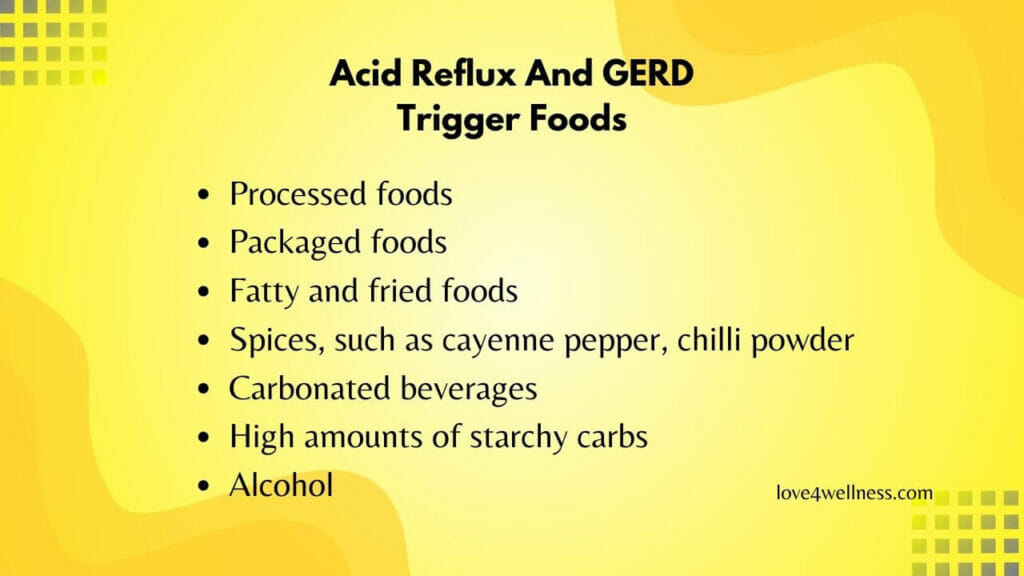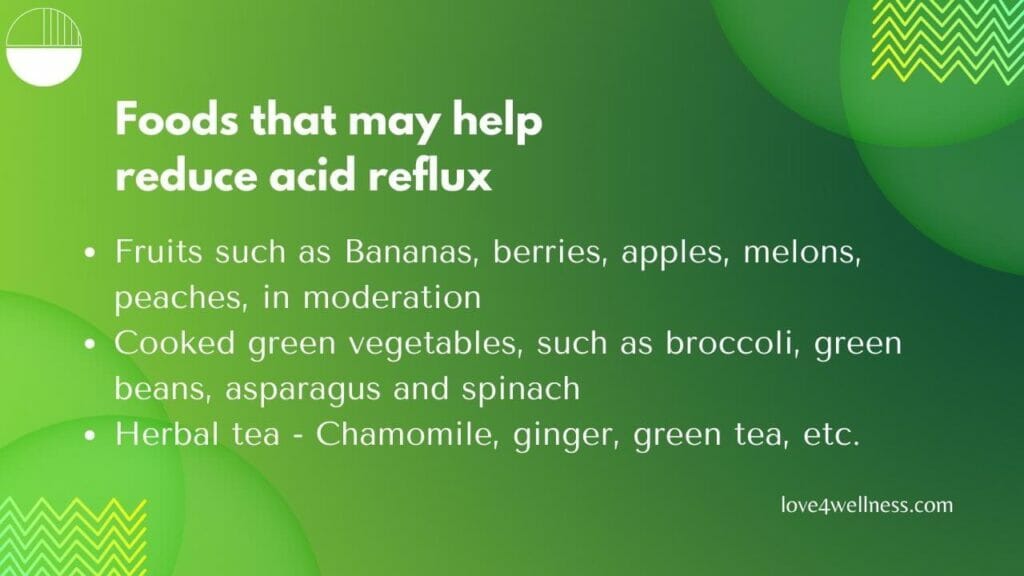GERD, a common digestive disorder that causes acid reflux, affects millions worldwide. Symptoms such as heartburn, chest pain, and difficulty swallowing can disrupt daily life. While there is no cure for GERD, there are effective ways to manage it. This article will explore the top GERD home remedies, including dietary changes and lifestyle adjustments. Implementing these strategies can alleviate GERD symptoms and improve the overall quality of life.
What is GERD?
GERD stands for gastroesophageal reflux disease. While occasional acid reflux is normal, GERD occurs when the symptoms become frequent and severe enough to disrupt daily life.
Most of us would have experienced acid reflux occasionally when we had an enormous meal or hit the bed immediately after food. It is something that occurs when stomach acid or, sometimes, stomach contents flow back into the oesophagus.
When you get acid reflux episodes two or more times a week, it is considered chronic, and now it gets a special name – GERD.
What are the symptoms of GERD?
GERD is a chronic digestive disorder, the common symptoms of which include:
- Heartburn: A discomforting burning sensation in the chest or throat that occurs after having your meals.
- Regurgitation: The feeling of food or liquid returning to the throat or mouth.
- Difficulty Swallowing: The sensation of food lodged in the chest or throat.
- Chest Pain: A sharp or burning pain in the chest often mistaken for a heart attack.
- Chronic Cough: A persistent cough that is often worse at night.
- Dental Problems: The acid from GERD can erode tooth enamel and cause dental problems.
What are the causes of GERD?
Several reasons can cause chronic acid reflux or GERD. The most common among them include,
- Weak Lower Esophageal Sphincter (LES) – The LES is the muscle separating the stomach from the oesophagus. If it is weak or relaxes too often, stomach acid can flow back into the oesophagus.
- Hiatal Hernia – This condition occurs when a section of the stomach shifts up into the chest through the diaphragm. This can weaken the LES and increase the risk of acid reflux.
- Diet – Certain foods can trigger acid reflux symptoms. Some are fatty foods, processed foods, spices such as chilli and cayenne pepper, full-fat dairy, citrus fruits, etc.
- Lifestyle Factors – Factors such as obesity, smoking, and stress can increase the risk of GERD.
- Pregnancy – Hormonal changes and pressure on the stomach from a growing uterus can increase the risk of GERD during pregnancy.
Who is at more risk of suffering from GERD?
People who are overweight or obese, pregnant women, smokers, and those with a hiatal hernia are at more risk of gastroesophageal reflux disease (GERD).
Other factors which can raise the risk of GERD include eating large meals or lying down right after eating, consuming certain foods and drinks (e.g., fatty or spicy foods, caffeine, alcohol), taking certain medications (e.g., aspirin, ibuprofen), and having a family history of GERD.
In addition, people with untreated GERD may often experience symptoms like heartburn, acid reflux, and difficulty swallowing, affecting their quality of life.
Recommended Reads
- Five Natural Antacids And Seven Tips To Avoid Heartburn And Acidity
- 10 Best Herbs and Home Remedies To Treat Bronchitis in Children
- Why Is Protein An Essential Nutrient? Know The Important Basics
7 Home Remedies to Manage and Control GERD
GERD caused by a weak LES or hiatal hernia needs a doctor’s diagnosis and treatment. However, GERD caused by lifestyle factors such as obesity and improper diet can be managed very well with home remedies.
1. Eat smaller and frequent meals
To reduce the chance of acid reflux, consume smaller meals at regular intervals to reduce pressure on the stomach.
2. Sit up after a meal
Lying down immediately after a meal increases acid reflux and heartburn. So it is important to sit up or walk around after a meal to ease pressure on the stomach.
3. Avoid trigger foods
Some foods and drinks can trigger GERD symptoms, including spicy and fatty foods, caffeine, alcohol, and citrus fruits. Maintaining a journal and avoiding trigger foods can help manage and control GERD symptoms.
4. Raise the head of the bed
Raising your head by 6 to 8 inches is an effective home remedy to manage GERD. It can help prevent stomach acid from flowing back into the oesophagus while you sleep.
5. Stop smoking
Smoking weakens the lower oesophagal sphincter, which makes it easier for the acids in the stomach to flow back into the oesophagus. Secondhand smoke can also trigger acid reflux.
6. Manage weight
Excess weight puts pressure on the stomach, increasing GERD symptoms. So maintaining a healthy weight with a balanced diet and regular exercise can provide huge relief.
Particularly studies found that visceral fat (fat around the abdomen) is a more important risk factor for GERD complications. Low-carb diets, choosing healthy fats over saturated fats, and avoiding trans fats are all effective ways to reduce visceral fat.
7. Foods that may help
Alkaline foods such as banana is found to reduce GERD symptoms. Also, consuming cooked green vegetables can alleviate acid reflux episodes.
Furthermore, herbal teas such as ginger, fennel, chamomile, and liquorice taken twice a day reduces acid reflux episodes. If you can’t buy fresh herbs, you can use herbal tea bags found in stores.
However, you must also remember that a food helpful to you may be a trigger for another! Therefore, maintaining a food journal helps identify beneficial foods and trigger foods.
The bottom line
GERD isn’t life-threatening by itself, but long-term GERD can harm the oesophagus lining, leading to esophagitis. Also, the symptoms can be quite troublesome, affecting daily life.
Most often, home remedies such as avoiding trigger foods and consuming herbal teas work effectively in managing GERD symptoms. In addition, a healthy weight, smaller meals, and regular exercise help prevent acid reflux episodes.
However, if GERD symptoms persist despite home remedies, you must consult a doctor to diagnose your condition.
Images: canva.com



